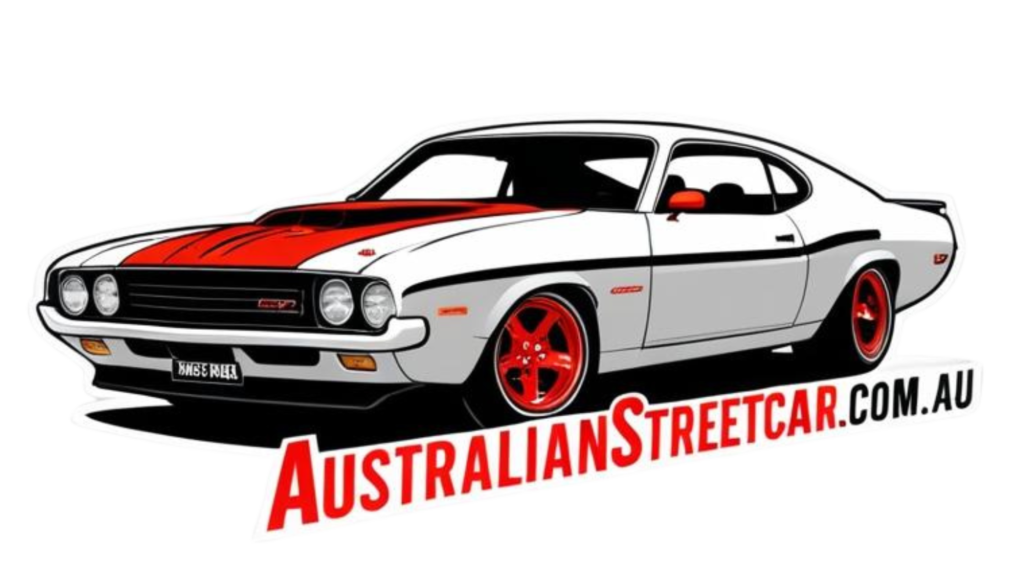BMW has made a bold move in the automotive world by axing the mid-range XM SUV. The BMW XM, a hybrid performance SUV, has not met the sales expectations set by the manufacturer. Despite the global demand for high-performance SUVs, the XM’s distinctive design may have been too polarizing for potential buyers.
After months of speculation, BMW has officially discontinued the original XM variant, leaving only the range-topping Label and the entry-level six-cylinder models available for purchase. The original XM, equipped with a 4.4-liter twin-turbo V8 producing 483bhp, has been phased out, narrowing the lineup to just two versions.
The range-topping XM Label, previously known as the Label Red, boasts a powerful 577bhp V8 engine, delivering a total output of 738bhp. With a 0-62mph acceleration time of 3.8 seconds and a top speed of 180mph with the M Driver’s Package, the XM Label offers impressive performance capabilities.
Not only has the XM Label received a power boost, but it has also undergone cosmetic enhancements, including larger standard 22-inch wheels and upscale interior trim options like Night Blue Merino leather. The battery charging rate has been increased to 11kW, catering to the evolving needs of luxury SUV enthusiasts. Pricing for the XM Label starts at £154,470.
On the other end of the spectrum, the entry-level XM remains the 50e, featuring a B58 3.0-liter twin-turbo straight-six engine in a plug-in hybrid configuration, delivering 469bhp. With a 0-62mph sprint time of 5.1 seconds and a top speed of 155mph, the entry-level XM offers a more accessible option starting at £112,580.
As BMW streamlines its XM lineup, the future of the model’s success is uncertain. The decision to focus on the top-tier and entry-level variants may reshape the SUV’s market performance. While the XM faces challenges, BMW enthusiasts can look forward to the brand’s innovative Speedtop shooting brake model as a potential alternative.
With the automotive landscape constantly evolving, car manufacturers must adapt to changing consumer preferences and market demands. The fate of the BMW XM reflects the competitive nature of the industry and the need for brands to stay ahead of trends to remain relevant and appealing to buyers.
📰 Related Articles
- Volkswagen Expands Electric SUV Lineup in Australia with New Models
- Porsche Unveils New Macan Models for Electric SUV Enthusiasts
- Peugeot Models Shine in Retail Margin Rankings Amid SUV Dominance
- BMW Group Unveils Electric MINI Models and Visionary Concept Cars
- 2025 Chery Tiggo 9: Unveiling Australia’s Top-Tier Plug-In SUV





